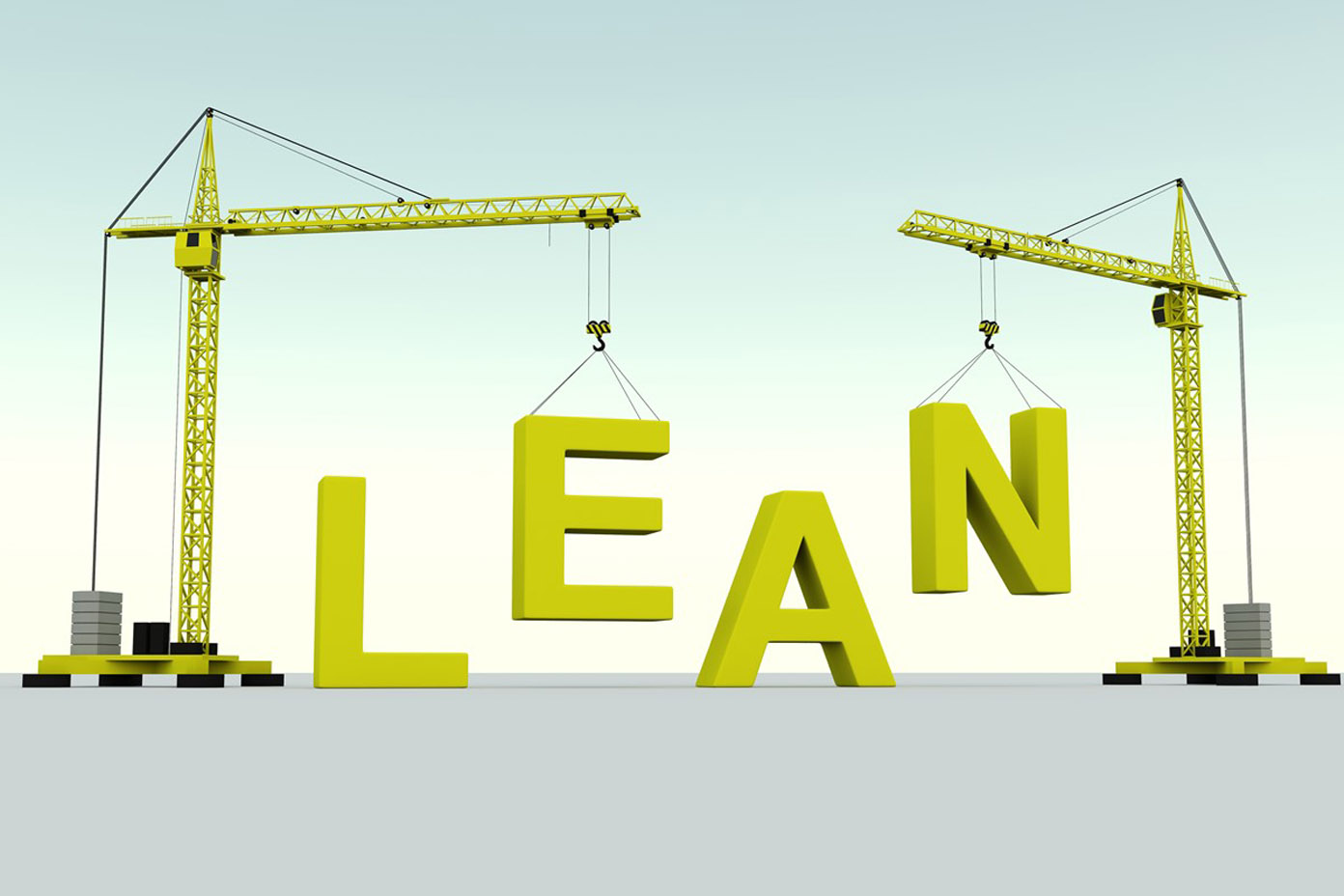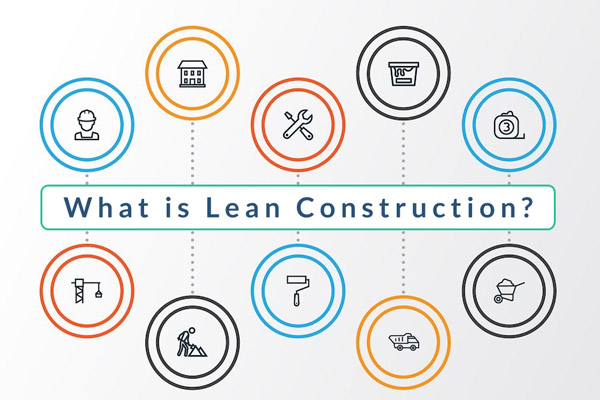Top Admin Apps for Construction Teams
Managing a construction project involves juggling many tasks, from scheduling...

As construction projects become increasingly complex, all stakeholders are finding it difficult to simplify the processes without compromising on quality. The need for simplification is increasing as the number of project participants is growing, project volumes are aggravating, and time pressure is increasing.
This excessive pressure negatively impacts the quality of service on a construction site. In fact, a plethora of studies indicates that there is a significant decline of 54% in all planned services in a construction site. Consequently, it is becoming rampantly difficult to meet customer objectives in terms of quality, time and cost. One of the emergent methods to mitigate this situation is lean construction methods and management. In this article, we will talk about lean construction management and why you, as a business owner, should care about it.
Lean construction is an approach to production management that aims to reduce waste from the entire process and deliver greater value to customers. In simpler words, lean construction aims to increase value and reduce waste. Historically, the roots of this method originated in the Toyota production system in the early 1920s. During World War II, the Toyota automobile manufacturing facilities focused on enhancing customer satisfaction by giving workers more meaningful jobs and reducing waste. As time progressed, lean construction became correlated with innovative tools such as just-in-time inventory, a phenomenon where companies receive materials as required, thereby drastically reducing wastage. However, the philosophy of lean construction is much more elaborate than effective inventory management.

As you can gather from the definition of lean construction, lean construction is a process approach targeted to improve efficiency and reduce wastage in construction. The aim is to create sustainability in design without compromising functionality or efficiency. The principles of lean construction management are ever-evolving, as the goal is to find innovative ways to replace the age-old practices in construction management.
Essentially, lean construction management offers a template to construction companies to improve their entire construction process, from the design to the very end of the project. The pillars of lean construction management include:

Lean construction emphasises heavy planning and standardisation so that redundancies from work processes are removed and roles become more explicit.
As you may have realised, lean construction management transforms every step of the construction process, requiring teams to work together cohesively and build innovative solutions. As a result, the potential benefits include the following:

Lean construction management can be described as a process of protecting the quality of work in a construction site while actively working to reduce wastage, whether it be a physical waste, time or effort.
Also, reading the article “what is claims construction management” can be useful for you.
Comments